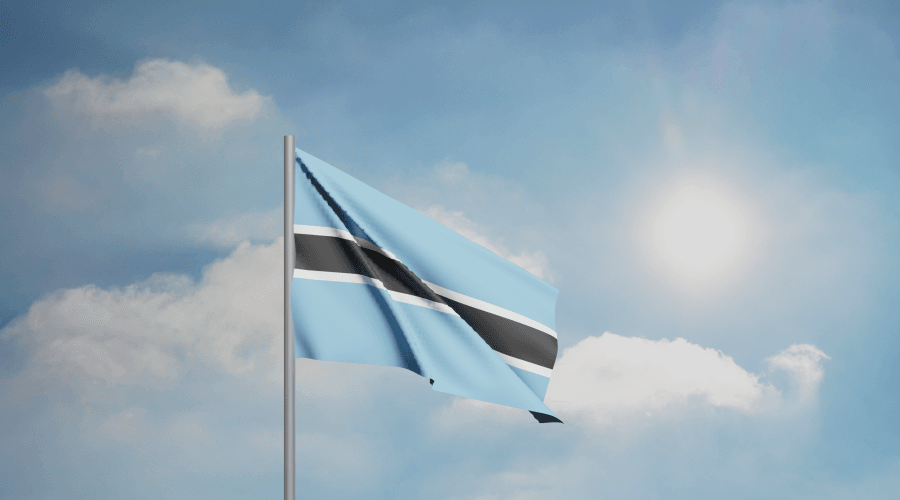Washington has started talks with African countries about future health funding. In Botswana, most NGOs are not included.

Negotiations about the future of Botswana’s HIV response are underway. Dr. Gaone Makwinja was not invited.
As part of its new America First Global Health Strategy, the Trump administration is drafting bilateral deals with African countries to fund global health programs, including HIV services. The team from the State Department arrived yesterday in Botswana to start talks there.
Makwinja runs the Tebelopele Wellness Center, which has been a vital part of Botswana’s HIV response. It does more HIV testing than any other NGO, while also running eight clinics. These have become a sanctuary for vulnerable communities, like gay men and sex workers.
“It seems like all the populations that don’t go to government facilities, we became the alternate option,” she explains.
Tebelopele has relied on U.S. funding. The Trump administration paused that support in February and then partially restored it, but only for some locations and with steep restrictions. Tebelopele could not provide prevention services to anyone but pregnant women, for instance.
That funding agreement expired at the end of September, but miraculously, the State Department granted the NGO six more months of support in October – and even allowed Tebelopele to resume all of its prevention programs. These services became even more vital as Washington cut its support over the past 10 months to all other Batswana organizations working specifically with vulnerable communities.
What happens when Tebelopele’s six months is up depends on the outcome of the talks that Makwinja was not invited to.
Traditionally Washington has funded HIV programs through NGOs – both local organizations, like Tebelopele, and international ones. The Trump administration wants to change that and give money directly to Botswana’s government, which will then determine how funding is allocated.
The problem, as I heard over and over again, is that Botswana’s government has shown no real interest in supporting the work that NGOs have been doing. This includes crucial programs to deliver HIV testing and prevention services to communities, particularly those who are vulnerable or live far from health facilities.
Makwinja said the lack of engagement was evident in the aftermath of Trump’s January order to temporarily stop all global health funding.
“The government did not intentionally try to understand the work that we’re doing and the gap left by the stop-work order,” she says. “They can only get this from calling us to the table to understand what exactly happened with the stop-work order.” But that never happened.
Instead, the government has remained focused on clinical delivery of HIV testing and treatment. That has left NGOs worried that even with funding from Washington, Batswana officials won’t prioritize the community-based work they were doing.
The government seemed to underscore that point when it declined to invite Makwinja or most other NGO leaders to the negotiations with the team from the U.S. State Department.
Some organizations did make it into the room. The leaders of Botswana’s faith-based HIV service providers were invited to give presentations during the meetings yesterday. It’s likely this is at the behest of Washington, which made an exception for faith-based groups when it said it wanted to stop funding NGOs.
In Botswana, faith-based organizations are running some important programs in communities, but not at the scale of Tebelopele or for the vulnerable populations that Makwinja’s organization supports.
So if they are the only groups providing community outreach under the new agreement, services for gay men, sex workers and other marginalized communities are in danger of disappearing in April with Tebelopele’s U.S. funding.
By Andrew Green
Source : Forsaken
Related HIV and Co-Infections News
Get involved
Are you living with HIV/AIDS? Are you part of a community affected by HIV/AIDS and co-infections? Do you work or volunteer in the field? Are you motivated by our cause and interested to support our work?
Subscribe
Stay in the loop and get all the important EATG updates in your inbox with the EATG newsletter. The HIV & co-infections bulletin is your source of handpicked news from the field arriving regularly to your inbox.
